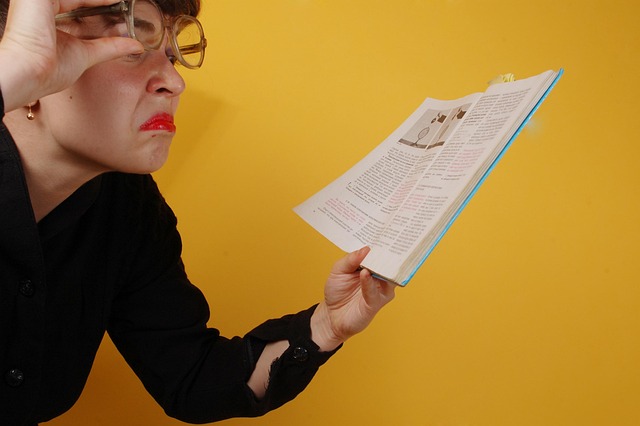In the journey of education, the role of educators transcends mere teaching; they are architects of understanding, shaping the minds and hearts of the future. When viewed through a phenomenological lens, we begin to appreciate the profound impact that educators have on individual lives and society as a whole. This perspective allows us to delve deep into the lived experiences of students and teachers alike, bridging the often rigid divide between scientific inquiry and the philosophical exploration of existence.
Science provides us with methodologies and evidence-based approaches to learning, while modern philosophy invites us to ponder the nuances of human experience. Together, these disciplines establish a framework that enriches our understanding of education. Educators, as facilitators of knowledge, embody this bridge. They engage students in a process that isn’t simply about transferring information but about cultivating a shared understanding and promoting critical thinking. Through personal narratives and the acts of questioning and reflection, educators guide their students to navigate complex realities.
Phenomenology emphasizes the importance of subjective experience. In the classroom, every student’s perception shapes their reality. An educator’s role is to honor and validate these experiences, fostering an environment where students feel seen and heard. This approach allows teachers to adapt their strategies, responding not just to academic needs, but to the emotional and social dimensions that influence learning. Each lesson becomes a shared experience, colored by the unique perspectives of each student, laden with potential for profound transformation.
The integration of modern philosophy into education propels us to ask deeper questions about the knowledge we impart. Are we teaching students to think critically? Are we preparing them for a world that values ethical considerations as much as scientific advancements? Educators are called to contemplate their influence in shaping future citizens who embrace both the rigor of scientific understanding and the richness of philosophical inquiry.
The intersection of science and modern philosophy offers a fertile ground for educators to explore innovative teaching methods. For instance, incorporating experiential learning or inquiry-based projects brings science to life in the classroom, enabling students to engage with concepts dynamically. Similarly, discussions rooted in philosophy encourage students to articulate their thoughts and challenge existing paradigms, enhancing their analytical skills. Educators striving for this balance cultivate an atmosphere where curiosity thrives, setting the stage for lifelong learning.
Furthermore, the society in which we live requires educators to be responsive to shifting cultural landscapes. By adopting a phenomenological approach, educators can better understand the diverse backgrounds of their students. Every individual’s socio-economic status, race, and personal experiences contribute to their educational journey. Recognizing this tapestry of experiences enriches the learning process and creates a more inclusive environment. It is through the lens of empathy and understanding that educators can foster a classroom where diversity is celebrated and every voice matters.
Ultimately, the impact of educators is both profound and multifaceted. By exploring this realm through a phenomenological lens, educators can recognize the intricate dance between science and philosophy in their classrooms. As they continue to inspire, challenge, and empower, they become catalysts for change, equipping students with the tools to navigate an increasingly complex world. In bridging these disciplines, educators foster not just academic excellence but also a deep-seated appreciation for the intricate fabric of human experience.




